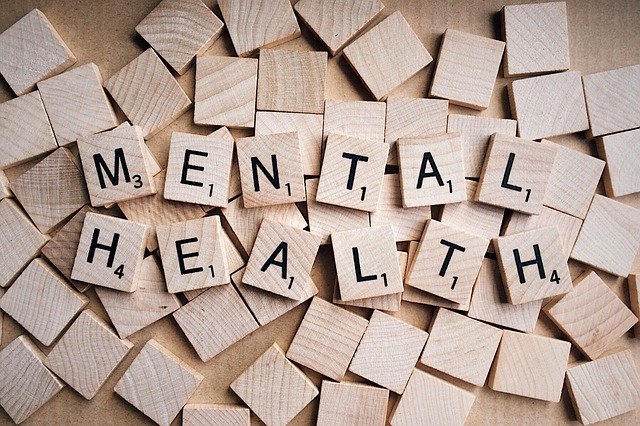Elevations RTC Quick Tips to Helping Your Teen’s Mental Health
Image by Wokandapix from Pixabay
One of the best ways you can help your teenager with their mental health is to show genuine interest in their life. The more you engage in conversations about mundane things like friends, school work, or the latest trending television shows, the more likely your teen will come to you to talk about the more serious stuff in their lives.
Keep reading to find tips on how you can start conversations about mental health, spot signs that your teen is struggling, and different ways you can support a teenager dealing with mental health issues.
How Parents/Guardians Can Get Involved in Teenager’s Lives
Bonding is one of the best ways to prevent declines in a teenager’s mental health and ensure that your teen comes to you whenever they are struggling with something. Showing your teen that you love and care for them will let them know they belong to a community and that you are a safe space for them to turn to when they are hurting.
Show Interest
It’s not enough to ask about their day and nod occasionally. You need to stop whatever you are doing and ask them about their life. Ask about specific friends, school projects, or a particular hobby they’re working on. It will take some time to start, but once you make the habit, the conversation will flow more smoothly.
Find Solutions Together
It can be tempting to pretend you have all the answers as an adult, but exploring possible solutions to your teen’s problems can be a bonding experience that also shows them it’s okay not to know everything.
Focus on Physical Health Too
The body and mind are not separate things, but interconnected. Encourage your teen to take an interest in physical activities, sleeping correctly, and eating nutritious meals. Incorporating ways to do this together will help you bond more and keep both of you motivated to keep up with your healthy habits.
Signs to Watch Out for in Struggling Teens
Keep in mind that everyone has bad days, and there will be times when a teenager feels down or isn’t sleeping as well as usual. The following signs should only be warning signs if they persist for more than a few weeks.
- Lack of motivation and generally feeling hopeless
- Having trouble with everyday tasks
- Sudden changes in mood or behavior without a clear trigger
- Not eating or sleeping like normal
- Lower grades or refusing to go to school
- Avoiding spending time with friends or participating in social events
- Suffering from headaches, stomach aches, or other physical pain
- Becoming aggressive unprovoked
- Becoming anxious about weight or physical traits
If your teen is showing more severe signs of declining mental health, such as self-harm or talk of suicide, please seek professional help either through a local service or through a suicide prevention hotline.
How to Support Teens with Mental Health Issues
Being part of your teen’s support system can make a noticeable difference in their mental health. Here are some things to keep in mind when interacting with your teen:
- Don’t treat “mental health” as a bad word. Show your teen that it’s okay to talk about fear and anxiety openly and that mental health is something they shouldn’t feel hesitant to talk about.
- Don’t try to solve the problem. If your teen comes to you to talk about how they feel, trying to come to conclusions might seem helpful, but it isn’t. You are there to listen, not play the blame game.
- Watch your language. Even phrases that you mean to be reassuring, like “you’ll get over this,” don’t always come off that way. Try asking questions instead like “What can I do to help?” or “What do you want to do about this?”
- Admit that you’re not a professional. It’s okay to need help and ask a professional, like a therapist or residential treatment center, to guide your teen through managing their mental health.
What Are Residential Treatment Centers?
Residential treatment centers are community-based treatment centers that help individuals through a wide variety of mental disorders. It allows youth to live in an environment designed to support their mental health and build relationships with others.
An example would be Elevations RTC which offers a safe space for all teenagers needing extra therapeutic support and offers classes that ensure your teen won’t fall behind on their studies while prioritizing their well-being.
Residential treatment centers are a good option for teenagers who are more fragile in their recovery.
Final Words
Communication is always the key to understanding what your teen is going through. It makes sure that you genuinely listen and look for the warning signs without making your teen feel like they are defeated. If you are an active part of their lives, they will return the favor by coming to you whenever they need help.

